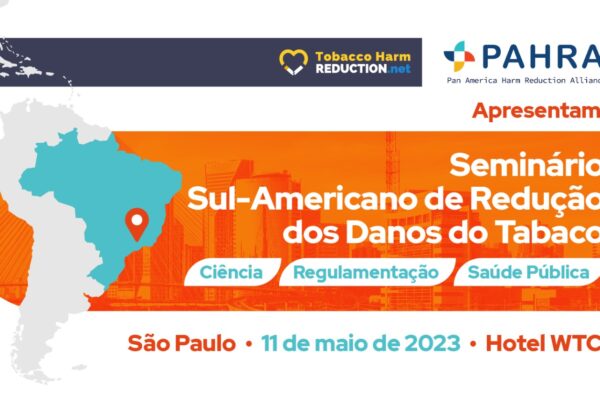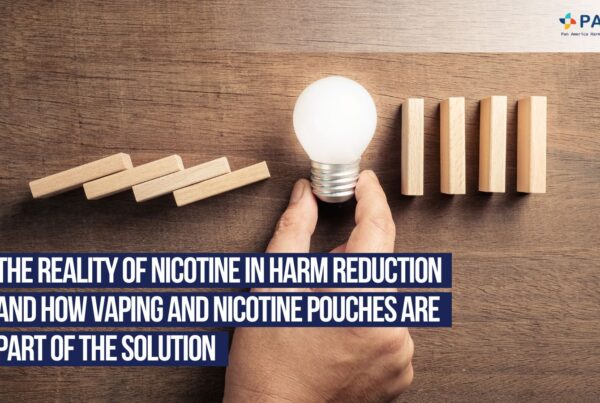
STOCKHOLM, 28 August – INTERNATIONAL health experts have criticised Canada’s new laws restricting the sale of nicotine pouches as a “deadly error” and “a backward step” in the global fight against the toll of tobacco.
Nicotine pouches are proven to be significantly safer alternatives to combustible cigarettes and are assisting millions of smokers worldwide to quit their habit. They have played a major role in the success of Sweden, which is on the brink of becoming the first country to achieve official smoke-free status.
But, from today, smokers across Canada will be banned from buying these lifesaving products over the counter. It will also be illegal to buy pouches with flavours that have been shown to help smokers kick their deadly addiction.
Dr. Delon Human, leader of the Smoke Free Sweden campaign to replicate the Swedes’ success around the world, said: “This backward step by Canada’s lawmakers defies all international evidence and could have fatal consequences for the country’s smokers who need every assistance to escape the grip of tobacco.
“Pouches are proven to help smokers to quit and have been instrumental in the Swedes virtually eradicating smoking and reaping the remarkable public health benefits from that. Like Sweden, Canada should be making safer alternatives, like pouches and vapes, accessible, acceptable and affordable. Canada’s new laws are a move in the opposite direction and a deadly error.”
Smoking rates in Sweden have plummeted by 55% over the last decade, thanks to its progressive policies on alternative nicotine products. Compared to the rest of the European Union, Sweden boasts 44% fewer tobacco-related deaths, a 41% lower cancer rate, and 38% fewer deaths attributable to any cancer.
Recent evidence from the US reports that one third of adult vapers aged under 34 said that, if “vape product sales were restricted to tobacco flavours,” they would switch to smoking, demonstrating that limiting the availability of a wide variety of flavours in alternative nicotine products could be detrimental to public health.
Tags
Popular Posts
Quick Links
Related Posts
 Paradigm Shift Needed In Pan America’s Approach to End Smoking
Paradigm Shift Needed In Pan America’s Approach to End Smoking
Paradigm Shift Needed In Pan America’s Approach to End Smoking
 Tobacco Harm Reduction Seminar in Brazil
Tobacco Harm Reduction Seminar in Brazil
Tobacco Harm Reduction Seminar in Brazil
 Systematic Review of Vaping Flavours | Dr. Konstantinos Farsalinos
Systematic Review of Vaping Flavours | Dr. Konstantinos Farsalinos





